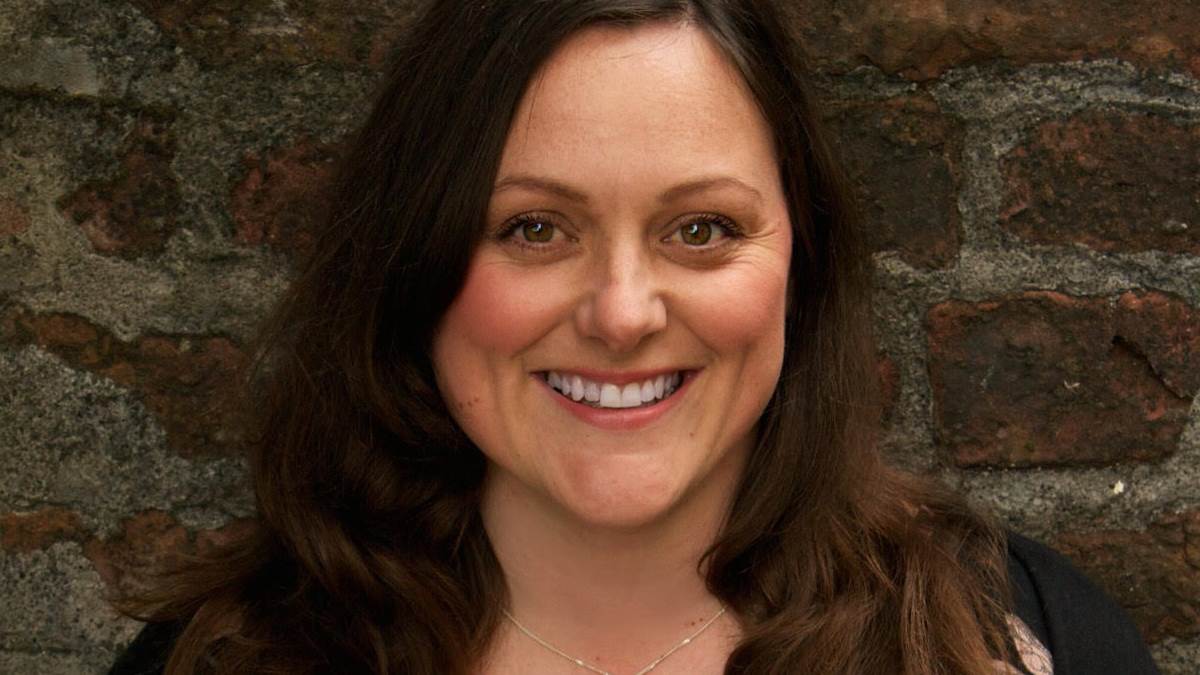Rachael Lucas on the many layers of the autistic experience
Published on: 05 May 2017 Author: Alex Strick
Alex Strick chats to author Rachael Lucas about her inspirations and aspirations for The State of Grace: an absorbing story of first love, friendship, family tension and Asperger's Syndrome. 
Can you tell us about your own family's experience of Asperger's Syndrome?
I was aware very early on that my daughter behaved and reacted differently to her peers, but it took a long time before anyone would listen. In the meantime, I read everything I could find about autism and Asperger's Syndrome and when she was 11, her teacher agreed that yes, I was right, and she wasn't being difficult - in fact life was difficult for her. Eventually, we got an autism diagnosis for her when she was 13, and - after it was pointed out to me that our reactions were almost identical - I was diagnosed the same year.
The book is an excellent reminder that the autistic spectrum is - as the name suggests - a spectrum. It can take so many forms, and Grace's experience is just one.
What kinds of myths were you keen to bust or stereotypes were you keen to break with?
As Grace says, she's no good at maths and she can't draw the Eiffel Tower from memory. There are so many books out there which show the stereotypical young boy, or a 'quirky' adult, and most of them are written in a way that doesn't show the many layers of the autistic experience. I wanted to explore that.
I wanted autistic readers to recognise their experience in a book. I also hoped that writing Grace's story would help readers to see how it feels to be autistic, and what life looks like to us. The things that happen might seem minor to a non-autistic reader, but I hope I've helped to explain that everyday life is challenging and confusing at the best of times for autistic people.
I've had some amazing emails and messages telling me that I've helped readers to understand themselves, and to make sense of their children's behaviour, and several adult readers have contacted me to say that reading The State of Grace has made them realise that they, too, are autistic and are now going to pursue diagnosis. It's a lovely and quite remarkable feeling.
Which element/s came first - the idea for the love story, Grace's personality, Asperger's Syndrome, or something else altogether?
Grace was always going to be autistic - when she popped into my head, I knew that her voice was an autistic voice. It wasn't that I set out to write a story about Asperger's at all - more that autism was part of who she was. The rest of the story came along afterwards. It was a coming of age story - I knew that we would be meeting her at a point when many things in her life were changing.
Adolescence is generally when autistic girls - who mask their symptoms in many cases - begin to show signs of not coping, because dealing with unpredictability and change is just too much. I knew that with uncertainty about the state of her parents' marriage, her little sister changing, and her own emotions in turmoil, Grace would have an interesting story to tell.
I really like the way Grace is Grace first and foremost - the Asperger's Syndrome does not dominate or govern her character, yet it is always there. Again, any thoughts on this?
I think that's because I am writing from the autistic perspective and it's one of the reasons I feel so strongly about the #ownvoices movement in YA literature. When you are autistic, you don't get up With Autism and make your breakfast then walk to school With Autism as if it were a handbag, or something that you carried. As Grace says at the end of the book "we don't Have Autism, we are autistic". It's as much a part of her as her hair colour or her shoe size, and so it's always there, but it's not something that dominates her character. I think that's perhaps the subtle difference.
It is interesting when we find out that the wonderful and seemingly confident Gabe also struggles with a problem - in his case, Attention Deficit Hyperactivity Disorder (ADHD). Can you tell us more about this?
Children and adult with ADHD tend to have personalities that attract attention because what Gabe calls the "dangerous things filter" it is off. This - and the fact that he arrived from another school in the town with a reputation for being difficult - makes him interesting to his peers. It's a reputation that has stuck, even though he's actually quite settled and well behaved in his new school, thanks to his medication. Again, this is something I wanted to normalise.
How important is it to you generally that you reflect/include a diverse range of characters and experiences in your books?
I think books should reflect reality - Gabe is Polish because here in the North West of England we have a lot of Polish friends who have settled here and so it felt right. Polly and her girlfriend are important to Grace, and again, it was just a case of writing life as I see it. I grew up believing that authors had to live in the South of England and that they were all rich and had huge mansions, and I never saw myself reflected in a book. I want my readers to read my books and feel that they can see themselves.





